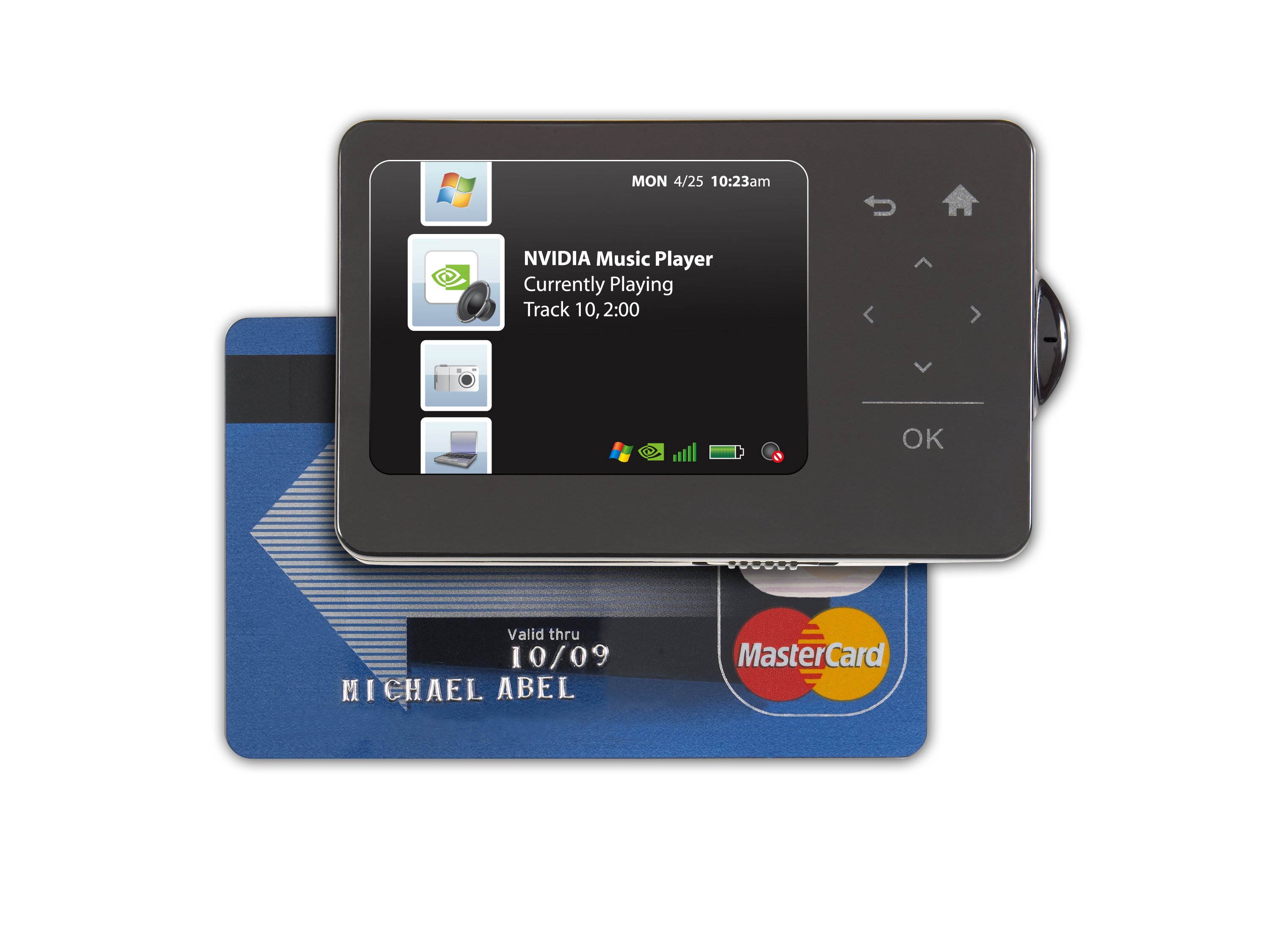CES 2007: Nvidia's Preface opens up SideShow
Check your mail while your laptop's off

Sign up for breaking news, reviews, opinion, top tech deals, and more.
You are now subscribed
Your newsletter sign-up was successful
Having completed its acquisition of Portal Player just a few days before CES started, it's good to see Nvidia has brought the first devices to use Portal Player's technology to the show.
Portal Player's technology and processors were at the heart of the first six generations of iPod, but the company was dealt a major blow when Apple began sourcing its components from other suppliers early last year.
Nvidia's first move has been to rebrand the technology - which is designed for media streaming to small screen devices - as Preface.
Included in the product line up are two remote control units for Windows Vista PCs. Each has a small LCD screen embedded for displaying Desktop Sidebar Widgets, previewing photostreams or reading instant messages without looking at the desktop. This is useful if, for example, Media Center is showing TV on the main screen.
More interesting, though, are the Asus W5FE and LG Z1 notebooks. These use Preface devices built into the lids to show SideShow gadgets - like email or stock tickers - even when the laptop is powered down. The only drawback, of course, being that live information isn't retrievable. Information is stored locally in a gigabyte of Flash memory, and resynched only when Windows reboots.
A small credit card sized remote control with Bluetooth syncing and Preface technology was also shown off. Best of all, though, is a concept design for a laptop bag, complete with Preface screen and controls on the flap. Adam Oxford
Sign up for breaking news, reviews, opinion, top tech deals, and more.
Tech.co.uk was the former name of TechRadar.com. Its staff were at the forefront of the digital publishing revolution, and spearheaded the move to bring consumer technology journalism to its natural home – online. Many of the current TechRadar staff started life a Tech.co.uk staff writer, covering everything from the emerging smartphone market to the evolving market of personal computers. Think of it as the building blocks of the TechRadar you love today.